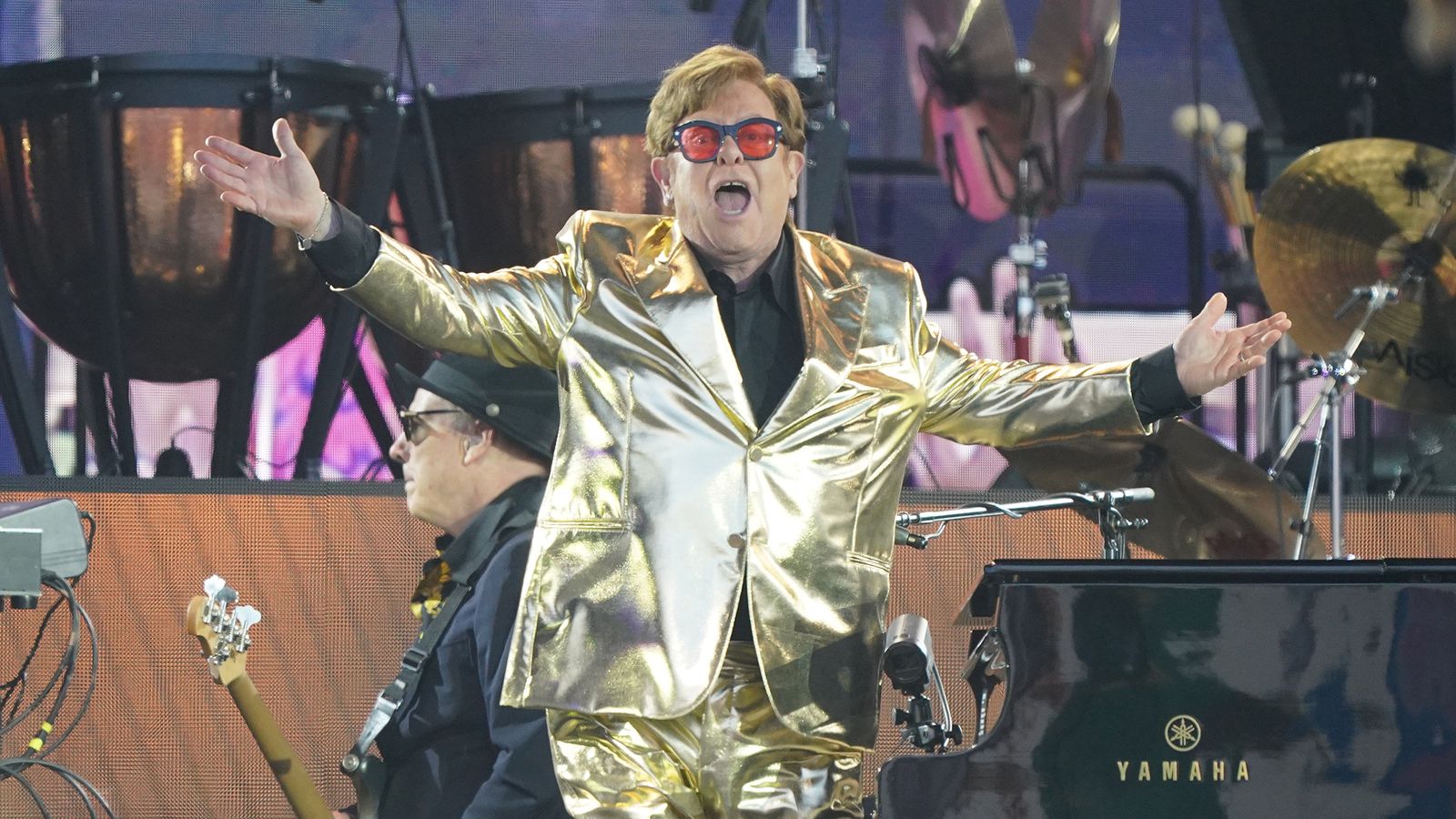There’s no two ways about it, Rad Power Bikes is absolutely crushing it in the e-bike market. The Seattle-based electric bicycle manufacturer holds the largest share of the US market by far with all other companies competing for a distant second.
To learn more about what the leading e-bike brand is up to next, we caught up with founder and CEO Mike Radenbaugh. In speaking with Mike, it is obvious that he is an e-bike rider first and CEO of an e-bike company second – his passion for the electric bike community shines through every time he talks about the company. Having founded Rad Power Bikes after working on his own experiments with building electric bikes in his garage, he’s seen the larger industry grow even as Rad has grown within it.
But it’s impossible to talk about the direction of the e-bike industry as a whole or Rad Power Bikes’ position in it without also discussing the long shadow cast by the COVID-19 pandemic.
Back when COVID-19 first hit the US in early 2020, the skies looked dark on the e-bike horizon.
Like many companies, Rad Power Bikes began preparing to batten down the hatches and weather a tough period, Mike explained to Electrek.
But only a few months later the story had changed drastically. It quickly became obvious that e-bikes were a surprise winner in the rewritten COVID-19 economy, with most electric bike companies quickly selling out of inventory.
Commuters sought safer socially distant forms of cheap transportation while countless others wanted a fun way to get outside for exercise after months of lockdowns.
Rad Power Bikes, as the largest e-bike manufacturer in the US, was hit with crushing demand that piled on top of what was already considerable year over year growth pre-COVID-19. Customers lined up for waiting lists, sometimes months-long, to get e-bikes as soon as Rad could get them into its warehouses.
“We aren’t constrained by consumer demand at all, we’re constrained by inventory,” explained Mike.
And despite the unprecedented peak demand during COVID-19 having calmed somewhat by now, e-bike sales are still stoutly high. “All of the tailwinds that have been supporting e-bikes as a resilient and prolific form of future mobility are still alive and well, both pre- and post-COVID-19. Now that we’re over a quarter of the way into 2021, we’re still seeing that exponential growth. Frankly, we’ve been shocked by the first few months of the year,” he expanded.
The company has used the increase in demand to better optimize its operations. Improvements include the customer service team expanding at breakneck speed, shipping often occurring same or next day after an order, Rad becoming even more focused on further improving their logistics, and growing their Rad Mobile service that builds, delivers, and maintains e-bikes. The company’s retail presence is also using the opportunity to better prepare in advance of an expected resurgence of physical retail sales.
Rad also launched an entirely new e-bike platform late last year with the release of the $1,099 RadMission metro commuter e-bike.
We reviewed that e-bike recently and found it to be one of the best value-bikes for those looking for a city e-bike on a budget. In fact, it even made our Top 5 Affordable E-bikes of 2021 list.
One of the biggest changes currently going on behind the scenes at Rad is just how many new faces are showing up each day. As Mike continued, “It’s quite an exciting time. Just to give you an idea of the scope, we’ve got eight full-time internal recruiters, plus from time to time another five to ten contract recruiters for various specialized roles. We’ve got around 100 open roles right now. The team has now grown to 400 employees, it’s just insane team growth. We’ll be closing in on at least 650 employees by the end of this year.”
Much of the hiring now is centered around both supply chain and customer service, with Rad priding itself on its mission statement of providing “a reliable customer experience.”
We’ve tested a lot of e-bikes from Rad Power Bikes and talked to a lot of Rad owners over the years. One of the biggest draws for many of them has proven to be that they know what they’re going to get with Rad, which is a solid company that supports its products, responds to customers and will continue to be around for years to come offering the same level of service.
Throughout my conversation with Mike, it was apparent just how much Rad prides itself on those principles. “We’re just pouring huge amounts of talent into customer service right now to prepare for the year ahead. It is important to us that we be the best stewards we can be for the e-bike movement. That’s always been a big part of our hiring, to have well-trained experts on the other end of the phone and in our vans and our stores. That’s a big part of the hiring too, is expanding our stores and our mobile van rollout. We aim to have 75% of North America covered by Rad-owned and partnered service providers by the end of the year. And then it will continue to tick up at an exciting rate.”
Part of Rad’s ability to expand in so many directions so quickly is thanks to a massive new funding round the company secured.
The round was the first major institutional investment ever in an e-bike brand, and was led by Counterpoint Global (Morgan Stanley), Fidelity Management & Research Company, The Rise Fund, the global impact investing platform managed by TPG, and funds and accounts advised by T. Rowe Price Associates.
It wasn’t just about snagging the first ever institutional investment in the industry though. Mike explained how the partners that Rad chose were “a carefully curated group that we went out to. And frankly I was blown away that we were able to get this entire group to come together like this – it’s very unusual and I didn’t expect this to happen so soon. But that’s how we’ve built this, as a kind of special business in the sense that we’re a profitable company and we’re growing like crazy, but we’ve also got all of these themes around it, the environment, cleantech, alternative energy, electric vehicles, mobility, health and wellness, etc.”
It’s that combination of a profitable and growing company alongside the several key industries straddled by Rad that many have found so intriguing, not the least of which is the diverse group of investors Rad has partnered with.
But it’s about more than just the money that those groups bring. Mike continued, “It’s not just about the capital infusion, it’s also the network of groups like this. At each stage in the journey you need different types of support. For some of the smaller e-bike companies, it makes sense to partner with earlier stage investors. What we needed though was this group, the large scale partners that can give us the power to leap quickly to the next stage. And now we can continue to double down on the things we know work while also giving us the freedom to sort of experiment with some more customer-focused initiatives, new online tools and digital tools. To help Rad make the leap from only being a hardware business to also being a software and technology business as well.”
Mike wasn’t able to reveal too much detail on this new front that the company is exploring as much of it is still proprietary and not ready for public release, but it sounds like Rad wants to develop a consistent experience that follows the user from his or her bike to the online experience and even further to interactions within the Rad community.
It also sounds like Rad wants to further integrate the company’s customer service into the software experience, both with online support and the company’s fleet of Rad Mobile mechanics that show up at riders’ doorsteps. Mike also described the experience as “tools and technology enabling the community.” I don’t think we’ll be getting a Rad-branded Facebook anytime soon (or maybe a Rad-ish Strava?), but the ability to interact with others in the Rad community certainly sounds intriguing. It also speaks to the company’s goal of not just providing an e-bike, but of being stewards for e-biking in a larger sense.
But Mike also explained how Rad has had to be patient with these developments and learn how to say “No” along the way to projects that might have served as a distraction and that wouldn’t add real value yet.
He explained that too many companies have done “an app just for the sake of an app,” and that Rad has resisted those temptations to enable it to focus on its core direct-to-consumer market and the over 200,000 customers it serves.
With that many customers now providing feedback and surveys, Rad has been better able to determine what the community actually wants to see and separate it from flashy distractions that don’t create true added value for riders.
Before the end of the call I had to push Mike for any intel he could share with me about what was going on in the skunkworks section at Rad – all of the secret projects that are undoubtedly awesome but that we generally never get to see during development.
To his credit, Mike again chose his words carefully, only letting on that the team was “going to be building bikes and accessories that push the boundaries of what people can expect from an e-bike and from an e-bike company. And that includes both the physical products as well as digital tools like we discussed. And I’d extend that to say that we will develop the same sorts of groundbreaking products for commercial customers as well, for commercial deliveries. Things that can be more efficient and less taxing for delivery operators and can cut down on delivery times while maximizing the economics on the business side of e-bikes.”
So while we don’t necessarily have the clearest picture yet for what we’ll see next from Rad, we can expect the company to continue further down the path it has set: enabling a vast community of riders by building approachable electric bikes that are supported by an extensive team, both digitally and physically.
Sounds pretty Rad to me!
Subscribe to Electrek on YouTube for exclusive videos and subscribe to the podcast.


